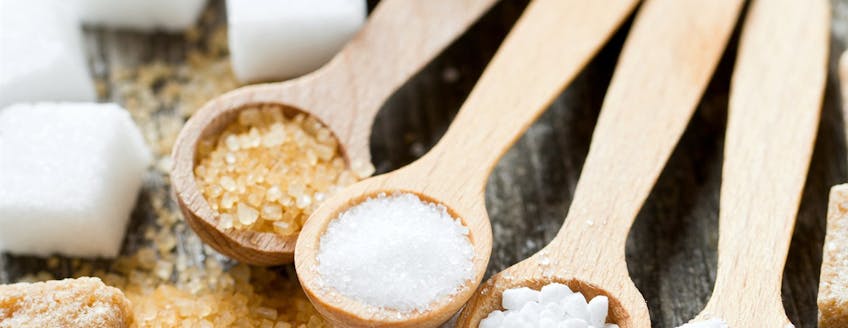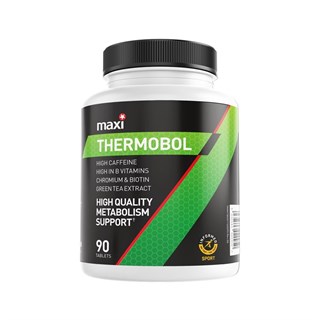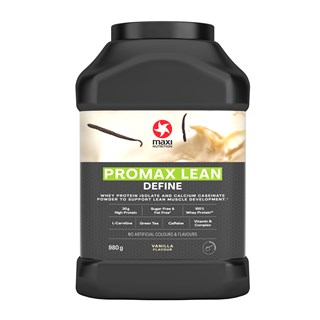Like bees with honey, we just can’t help ourselves when it comes to the sweetness of sugar. Recently, the reputation and consumption of sugar is more bitter-sweet, with its association to obesity and diabetes. But it's so confusing! Fruit is high in sugar (fructose), should we stop eating it? What about sugary drinks? Or adding sugar to tea and coffee. Sugar is just sugar, isn’t it?
Check out these sugary bites for some of the facts:
1. Ultimately all carbohydrate is sugar – the key and primary fuel for the body is Glucose.
2. Sugars are categorised based on their molecular make up: Monosaccharides (1 sugar molecule), Disaccharides (2 sugar molecules) and Polysaccharides (lots of sugar molecules, known as Starches).
3. Some of the key Sugars:
- Glucose – found in most carbohydrate foods.
- Fructose – the sugar found in fruit, root veg and honey.
- Galactose – the sugar found in dairy.
- Sucrose – table sugar (glucose + fructose).
- Maltose – sugar found in malt barley.
4. From an energy perspective, all sugar is equal - 1 gram equates to 4 kcal of energy.
5. Sugars are processed differently in the body; hence all sugars should not be considered the same.
6. Don’t just isolate the sugar content in food, the other nutrients will also have an impact on digestion.
7. Sugars are vital, but that isn’t a license to consume nothing but sugar.
Digesting Sugar
As previously described for protein digestion, irrespective of the sugary source, there’s not much difference until the source reaches the small intestine. This is where sugars can have both a positive and negative impact on your health.
Glucose
Being the preferred fuel source and simple in structure, glucose easily passes through the walls of the small intestine and enters the bloodstream. Insulin is then released to balance the blood sugar level by forcing glucose into your muscles and vital organs, where it is either used as energy or stored. In the instance when too much sugar is consumed, insulin can become overwhelmed and struggles to regulate the blood sugar levels. Repetitive instances of this abuse can decrease insulin sensitivity and production, which could potentially lead to diabetes later in life.
Fructose
It takes more effort for the body to convert fructose into glucose and has a subsequently smaller and slower insulin response. Unlike glucose, fructose is metabolised in the liver, with a primary purpose of energy or energy replenishment (glycogen). Over consumption of fructose could potentially lead to a cascade of metabolic problems that includes fatty liver disease, systemic inflammation, type 2 diabetes, and obesity.
Fructose is therefore more of a problem when over consumed versus any other sugars, however, it’s worth noting that this doesn’t mean you should stop eating fruit. For fruit to have a negative impact, your intake would have to be close to 40-50 portions a day. The real offender is more likely added fructose from processed foods such as chocolate and sweets.
Scientific research goes beyond singling out fructose as the only or main problem, by highlighting that the real issue is over consumption of any sugar. In particular, free sugar, the sugar found in syrups, sweetened products and adding sucrose to your food and drinks. The take-away message is that you should actually eat more fruit and veg, which in turn should lower your sweet cravings and hopefully control what seems to be quickly becoming a ‘sugar epidemic’.
For a tasty high protein snack, that is low in sugar, try our new Promax Lean Protein Bars.

















